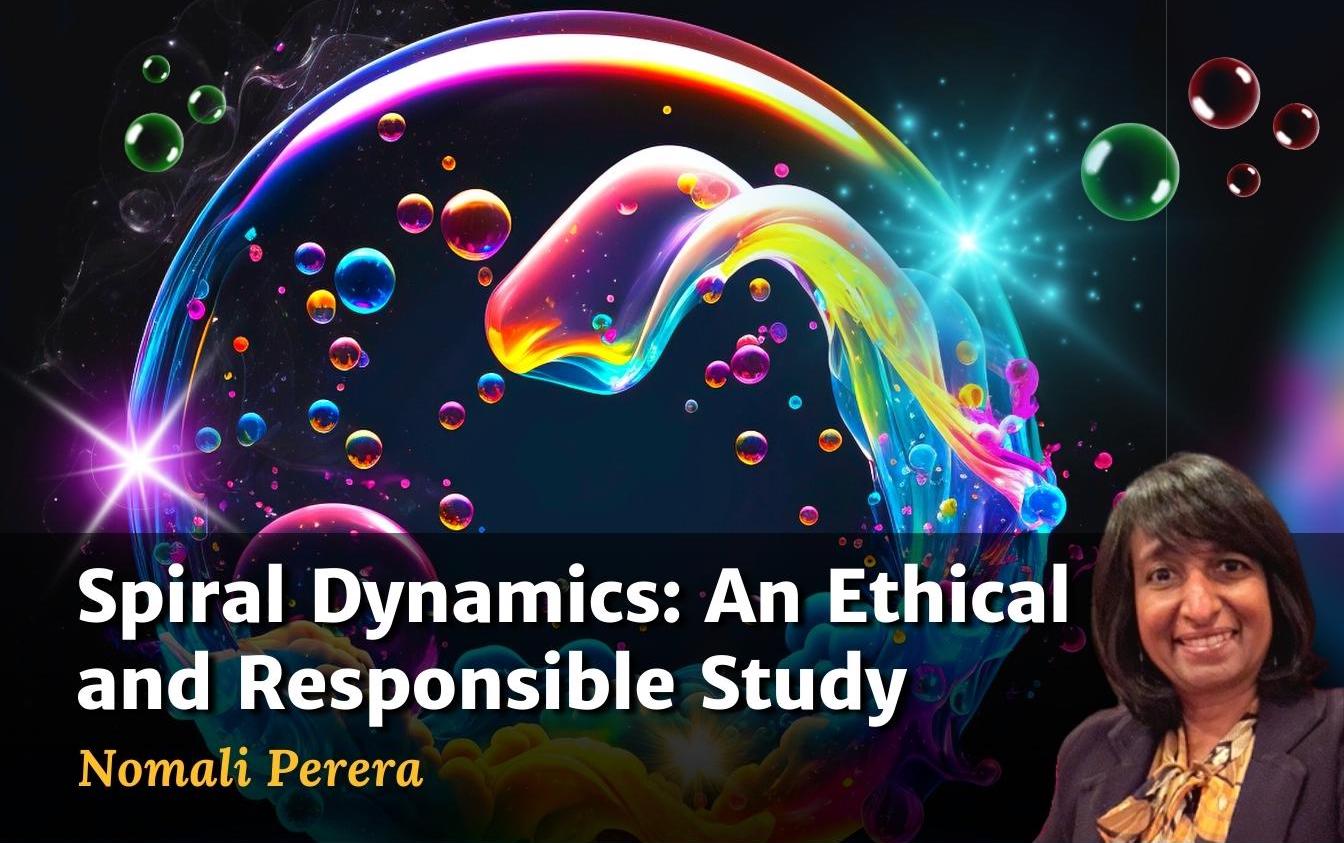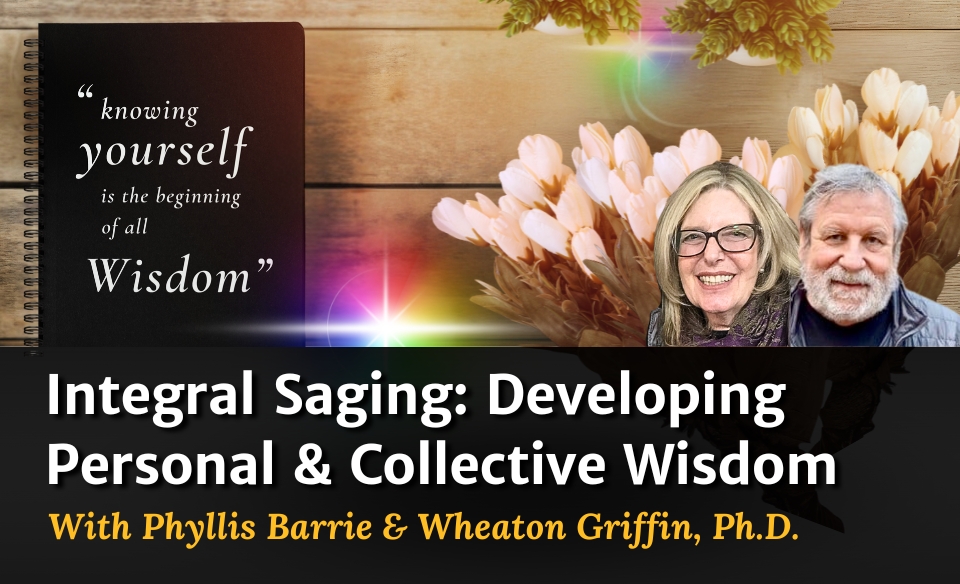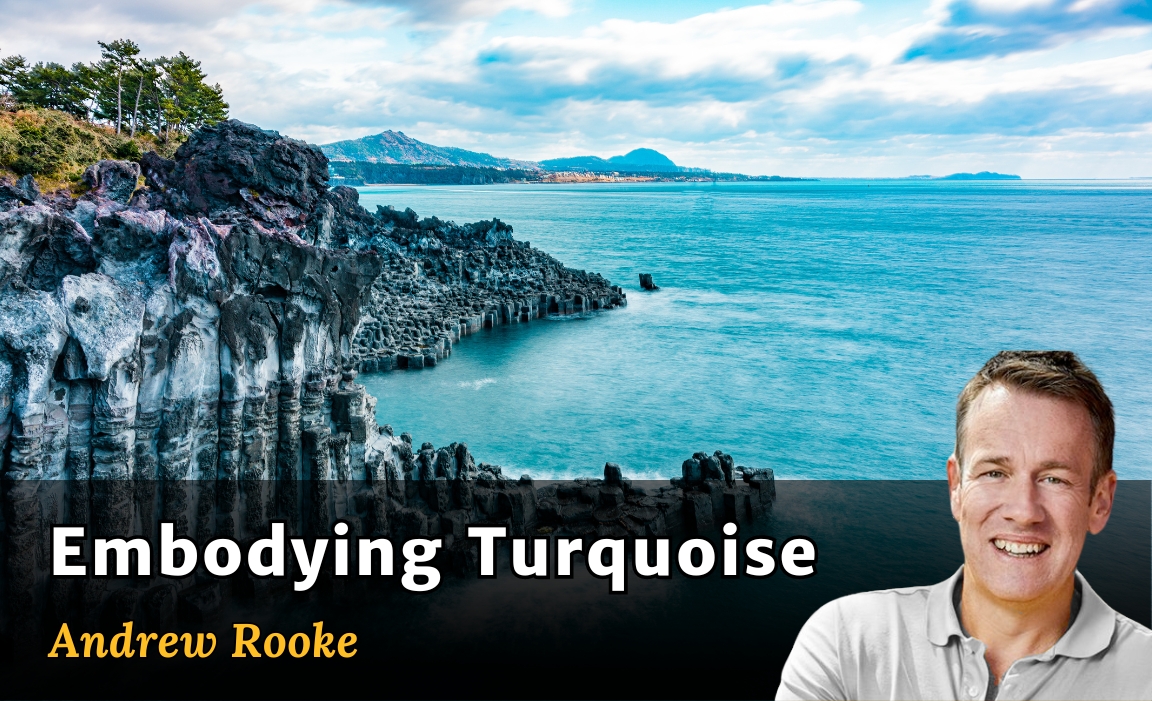
- This practice session has passed.
Spiral Dynamics Final Session: “Conspicuous Acts of Kindness”

This event starts in:
This Integral Life Experience is only available to the supporting members
This session is 2 hours long, and will include breakouts and practice. Anyone is welcome to leave the session earlier if needed.
Human Developmental Stage Theories have perpetually been a subject of contention, and rightfully so. None of the pioneering theorists, who meticulously studied human development, advocated for their flippant application in pigeonholing or crudely categorizing anyone into hierarchical orders of superiority. However, that has been happening all too often–and in more recent decades–it has been exacerbated particularly by the advent of social media.
The rigid and absolute manner in which these theories (like any other tool or resource) can be misused poses significant dangers to individuals and society. While theories, such as Piaget’s cognitive stages or Erikson’s psychosocial stages, offer valuable insights into human growth and behavior, they can also oversimplify complex human experiences. When used without careful consideration, they may lead to stereotyping, stigmatization, and misinterpretation of development…and, let’s not forget, random and hurtful “color coding!”
However, it remains indisputable that humans and cultures indeed experience remarkable growth and evolution in profoundly nuanced and influential ways. Each individual and culture possesses an inherent right to be precisely where they stand on their developmental path. While an 8-year-old may surpass a 4-year-old in certain aspects of “development,” the affection and regard for the younger counterpart is unequivocal. If we dare to employ the term “development” at all, we must not shy away from discerning what we mean by development, and the “scales” that signify the augmentation of both complexity (and simplicity). Embracing these concepts with clarity and sensitivity can lead us to appreciate with compassion the multifaceted nature of human progress, as well as the ways in which we regress.
The misuse of stage theories has prompted a much-needed scrutiny, offering an opportunity to reset how these theories are taught and applied responsibly. Treating developmental stage theories as flex-flowing, fluid frameworks instead of strict guidelines is essential, acknowledging the diversity and uniqueness of human development. Despite potential misuses, the value of these tools remains intact.
At our sessions, the main focus will be to explore human values development, using Spiral Dynamics—a stage theory that is both admired and often misunderstood and criticized. Responsibly examining each stage, we will discuss the dignities and challenges, the gains and losses of both evolution and involution. More importantly, we will reflect on how the stages disclose the intricacies within ourselves. As in any integral gathering, we will commit to the beautiful dance of polarities…always-already, the dialectic of emergence and emanation.
There will be presentations, music, movie clips, breakouts and plenty of group discussions.
====================
DATES AND OPTIONAL VIDEOS TO WATCH ON EACH STAGE
- Aug. 10 -Lines of Development and the Wilber-Combs Matrix
- Aug. 17 – Purple Stage
- Aug. 24 – Red Stage
- Aug. 31 – Blue Stage
- Sep. 21 – Orange Stage
- Sep. 28 – Green Stage
- Oct. 5 – Yellow Stage
- Oct.19 – Yellow Stage – Part II
- Oct. 26 – Turquoise Stage
- Nov. 2 – Turquoise Stage – Part II
- Nov. 9 – Coral Stage / extremely rare unitive stages
- Nov. 16 – Death, Birth, Letting Be, Letting Go (suggested video)
Things to note:
- The first two session of this series are free (open to non-members of Integral Life). After that, an Integral Life membership is required for attendance. This is help create a more committed practice community. Once a member, you have access to all other live events and hundreds of members-only video/audio content and discounts on courses for up to a year.
- This series welcomes absolute beginners, as well as those who already know Spiral Dynamics but might appreciate a brush-up and continued inquiry.
- SUGGESTED READING: “Spiral Dynamics: Mastering Values, Leadership and Change” by Prof. Don Edward Beck and Christopher C. Cowan
- The sessions will be recorded but not posted anywhere as public content.
- This is an interactive group, therefore we highly encourage to join with video on as much as possible
- Join up to 10 minutes early for chatting, meditating or listening to music together.
Meet Your Facilitator
Nomali Perera, MA, PCC, has been in the field of leadership development coaching, facilitation and teaching since 2007. Nomali is a certified facilitator of Polarity Management, the Immunity to Change™ process, and an Integral Master Coach through Integral Coaching Canada. Nomali has also been a professional consultant in people development and training in Brazil and Mexico. She was a staff member of Integral Institute in the early to mid 2000’s and was a co-founder of the Boulder Integral Center.



